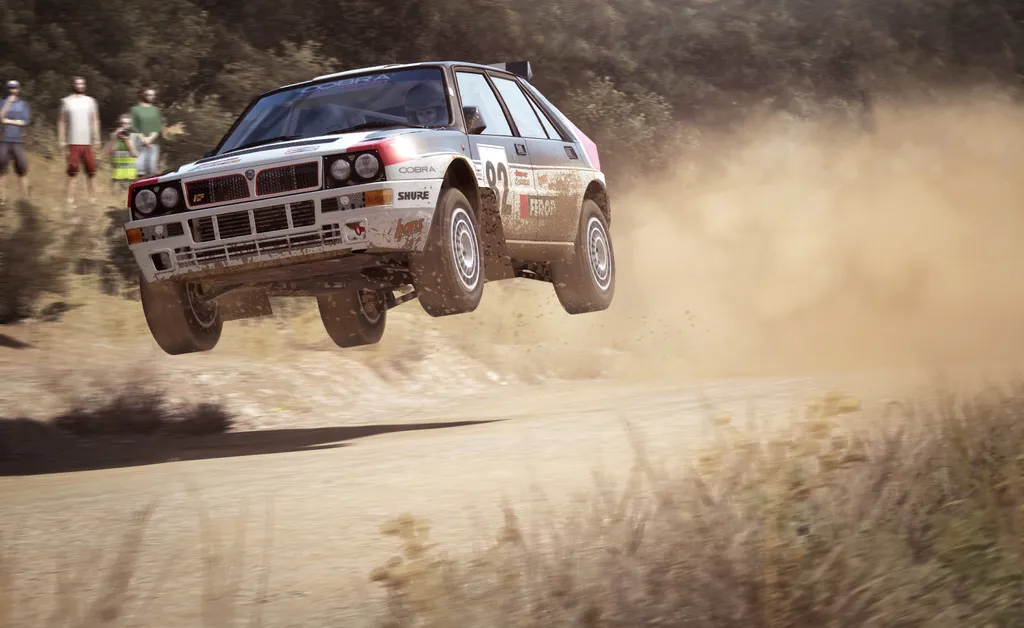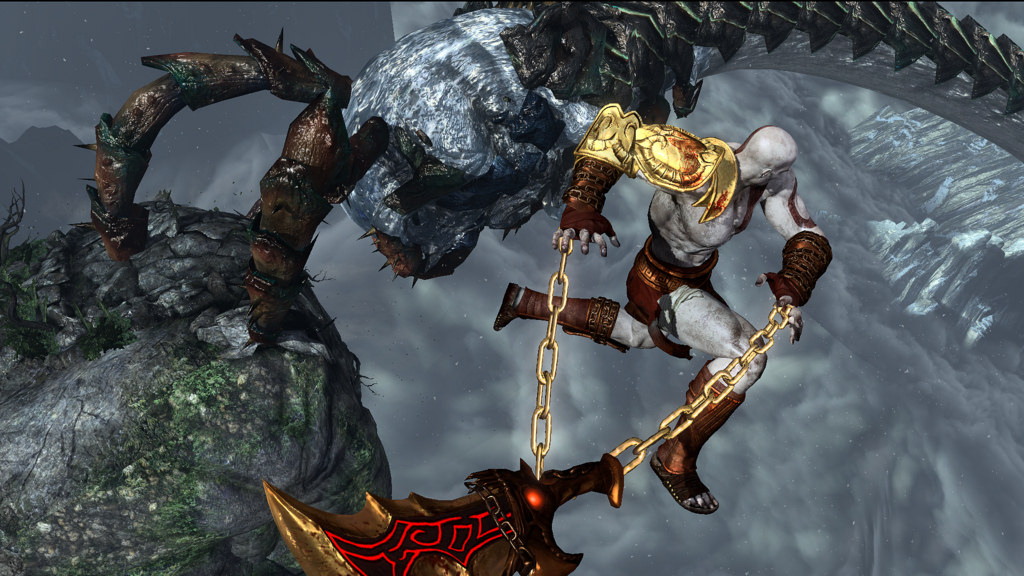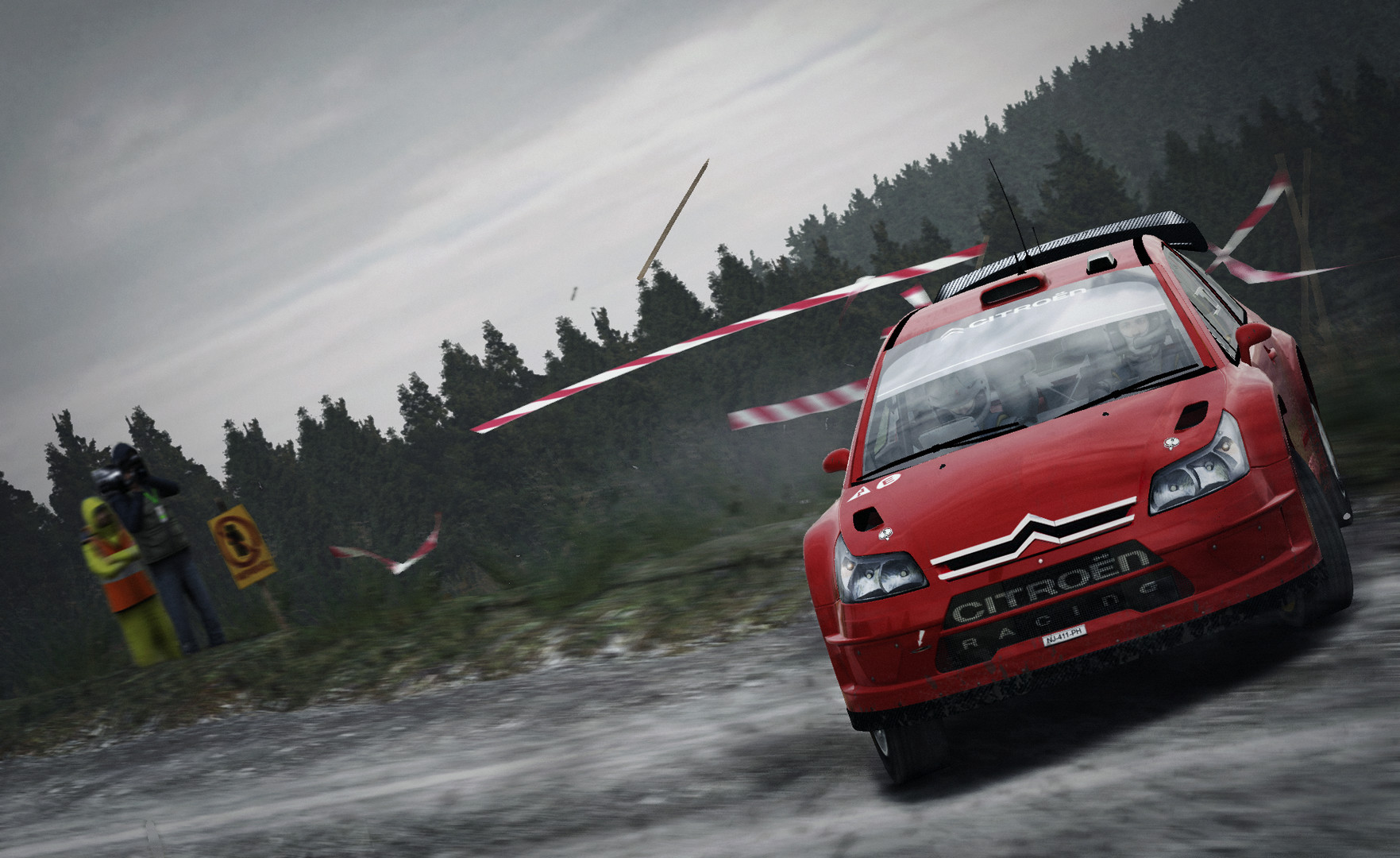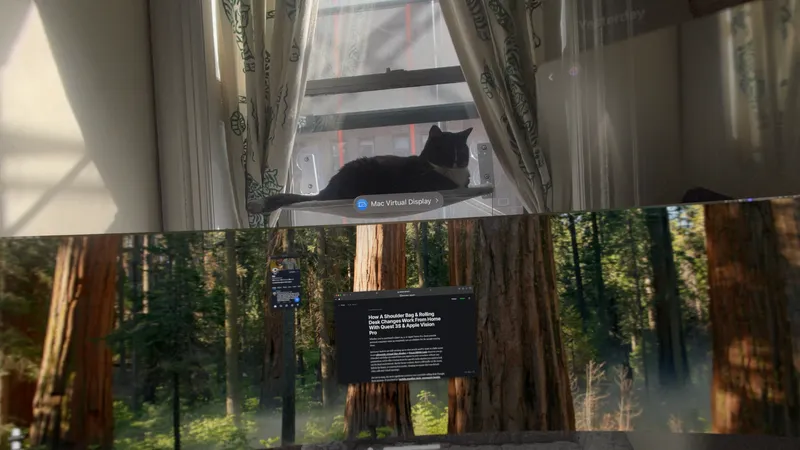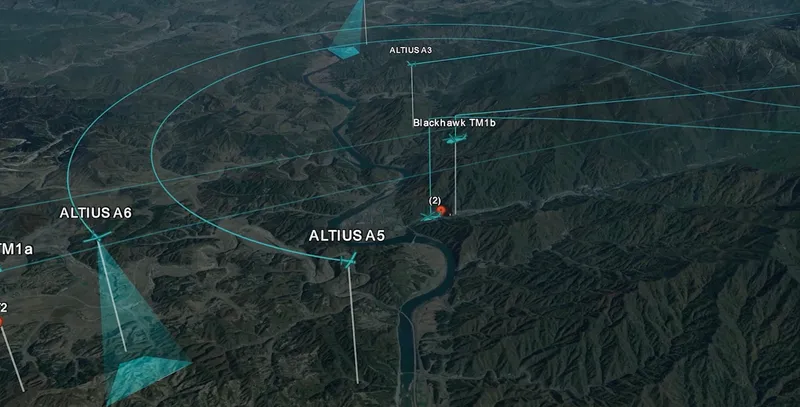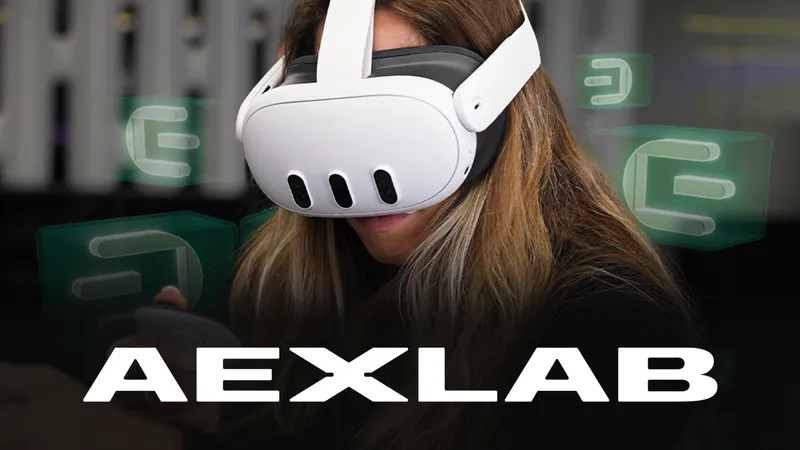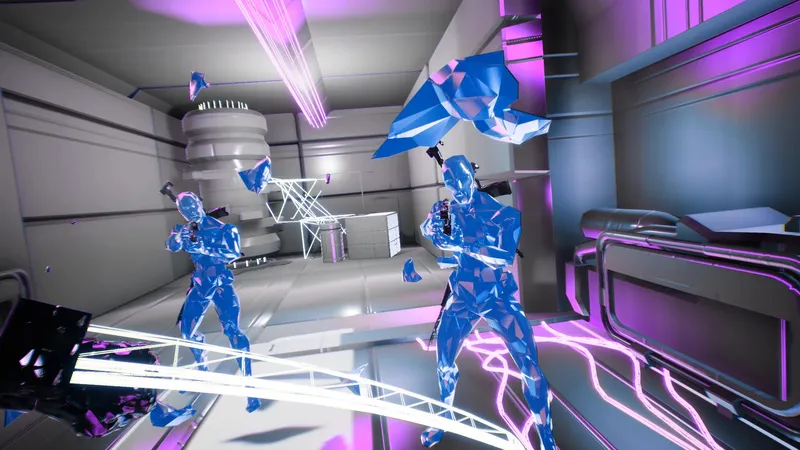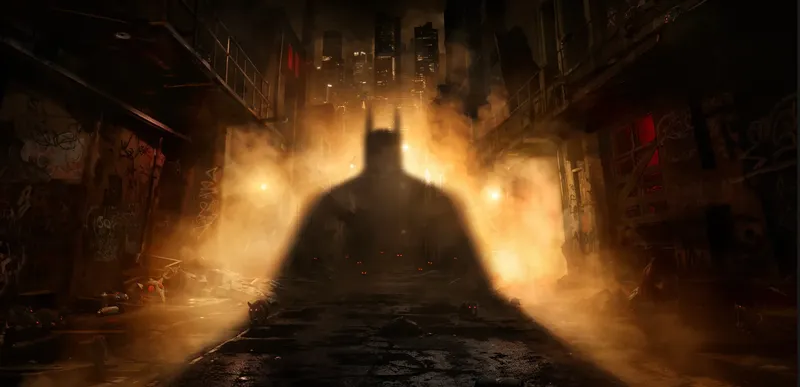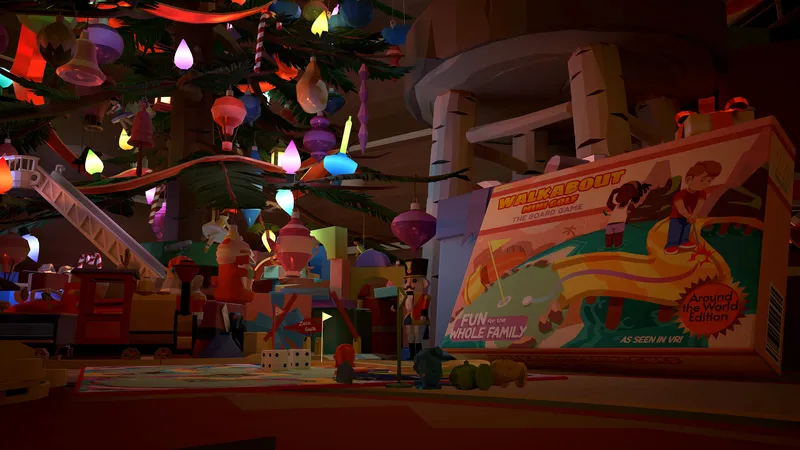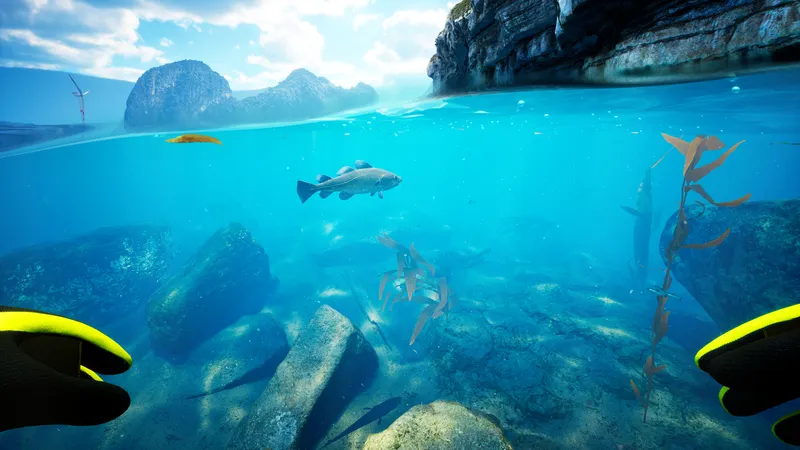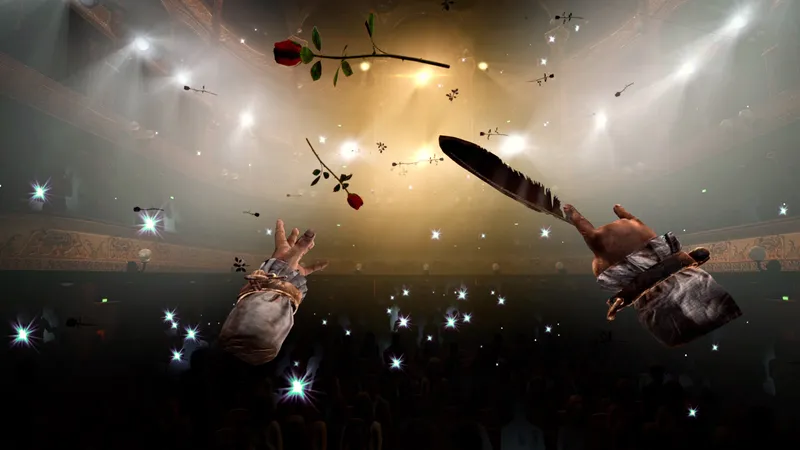It was nearly seven years ago now that God of War kicked off the HD remaster era. In anticipation of the then-latest entry into Sony’s series, God of War III, the company proposed remastering the first two games for the PlayStation 3 with HD visuals, trophy support and more for a collector’s edition. The idea gained so much support it turned into its own game.
Seven years later and the remaster has become so popular that even God of War III itself has been treated to one.
But it’s safe to say fans are getting a little sick of these updates, which often charge almost the full price of a game that you’ll have most likely already played. The number of quality titles worth remastering is also starting to wear thin. Publishers are going to need a new concept for milking money out of us without paying the full price of development sometime soon. Could that concept be the VR update?
Earlier this week Codemasters released a VR version of its popular racing title, DiRT Rally. In our review, we found that it was a whole new way to play an already excellent game, immersing you in the experience more than ever before. If offers an incredible first-person view that sits you right in the driver’s seat, feeling every turn and jump. Online, people that don’t even like racing games have gone as far as to call it one of their favorite VR experiences. If you have a Rift, it’s the definitive way to play.
The success of DiRT has got me thinking, what if the VR update was the next big thing that companies got behind?
And all I can think is that would be a very, very cool thing indeed. Now don’t get me wrong; I know that the best VR experiences are built from the ground up, but there’s still a big difference between simply sticking in VR support to a game already in development and going to the lengths that Codemasters did to get it working properly. I’m talking about publishers giving their developers the resources to truly dive deep into VR optimization with games that make sense for VR support.
You might think that just means racing games and flight-based experiences. And it’s true; these types of titles probably would benefit the most, as proved by DiRT. But I don’t necessarily agree they’re the only ones fit to be bashed into shape to support VR.
I think Lucky’s Tale and Edge of Nowhere are proof that you could go back to other platformers like Ratchet and Clank or third-person action games likes Gears of War and find a place for VR support. It would obviously take some significant tweaking; perhaps Insomniac would need to bring the camera a bit higher up for Ratchet VR and Microsoft would certainly need to get rid of Gears’ shaky cam. Both would need a UI overhaul and their framerates would need to hit a solid 90fps at the least, which is why I’m mainly referring to titles on previous generations that don’t push the limits of the current ones.
And it would indeed by crucial that publishers and developers did all of this responsibly. I’m not suggesting Uncharted VR because Uncharted loves to grab the camera and force you to watch cinematic explosions. I’m not saying Spider-Man 2 VR because I can’t see how that wouldn’t make you sick. But for games that do fit this could be a really exciting new avenue to explore. It wouldn’t even make for the ultimate VR experience as such, but it would be an immersive new way to play some of our favorite games.
I also can’t help but think about what my new obsession,PlayStation VR’s Aim controller used with Farpoint, could do for the vast library of first-person shooters (FPSs) that span the history of the PlayStation franchise. Sure, Call of Duty is far too fast-paced to ever get a good VR adaptation, but what about slower, more methodical shooters like Guerrilla’s Killzone series? I’d personally love to revisit the murky streets of Helghan in a VR update that benefitted from true, considered VR implementation.
As VR heads towards consoles, with PlayStation VR just under three months away and Microsoft’s VR compatible Project Scorpio due next year, this could be a great way to bolster the roster of titles that support the tech without spending untold millions on creating the AAA experiences that we so desperately want to see in VR.

